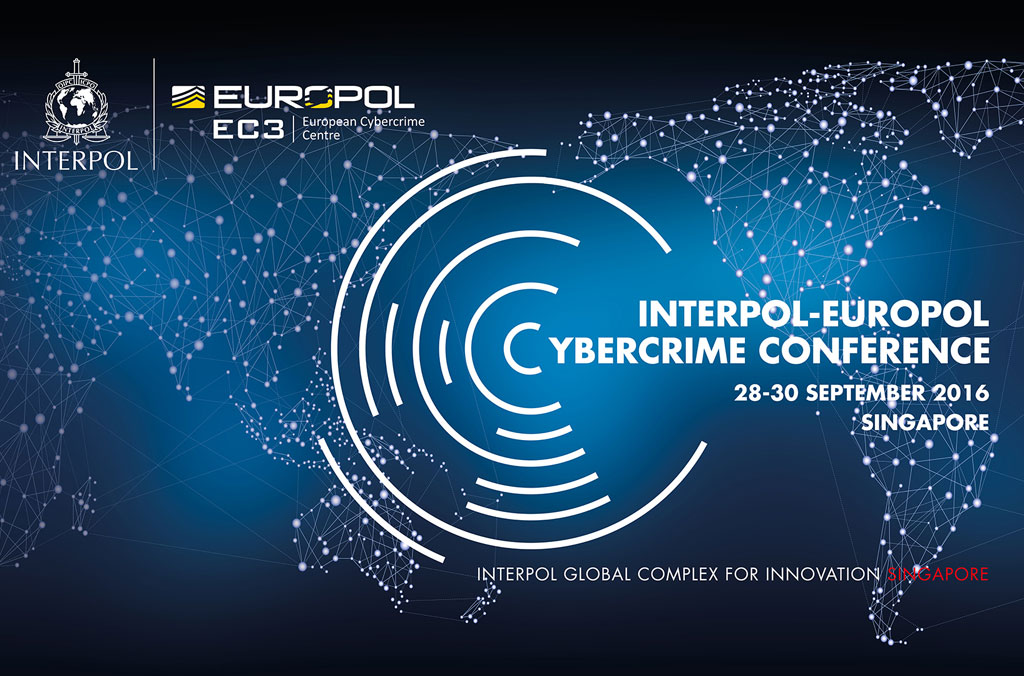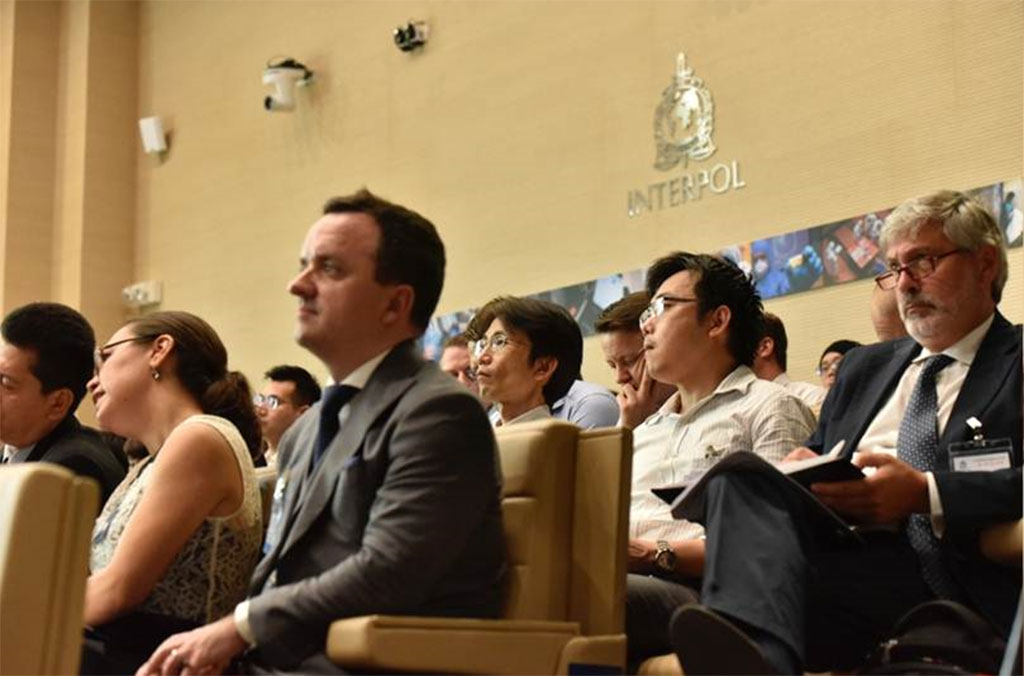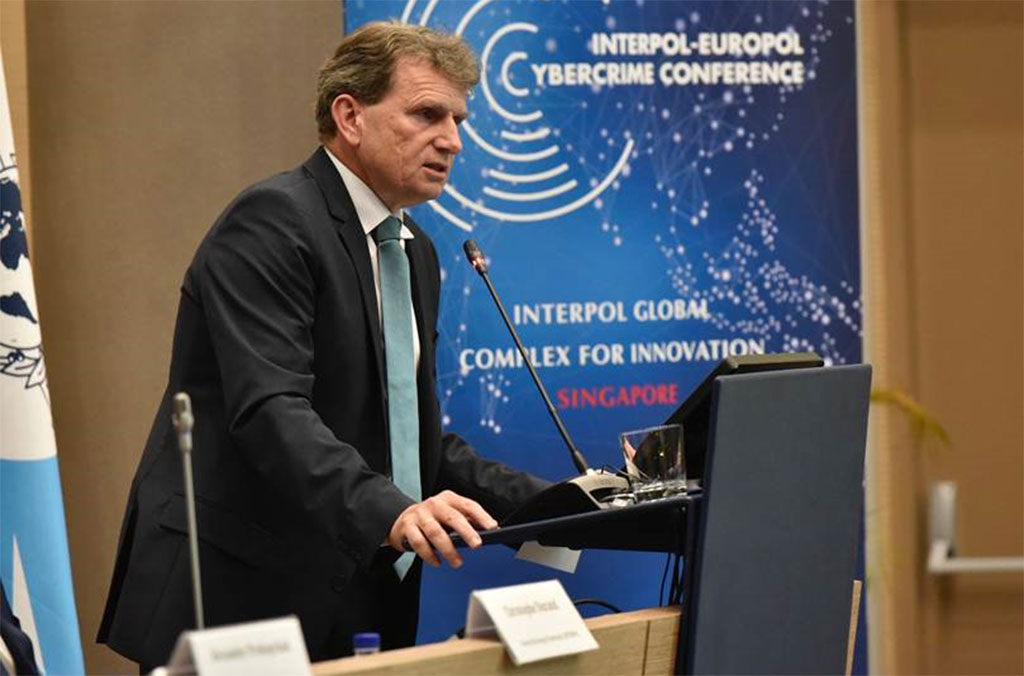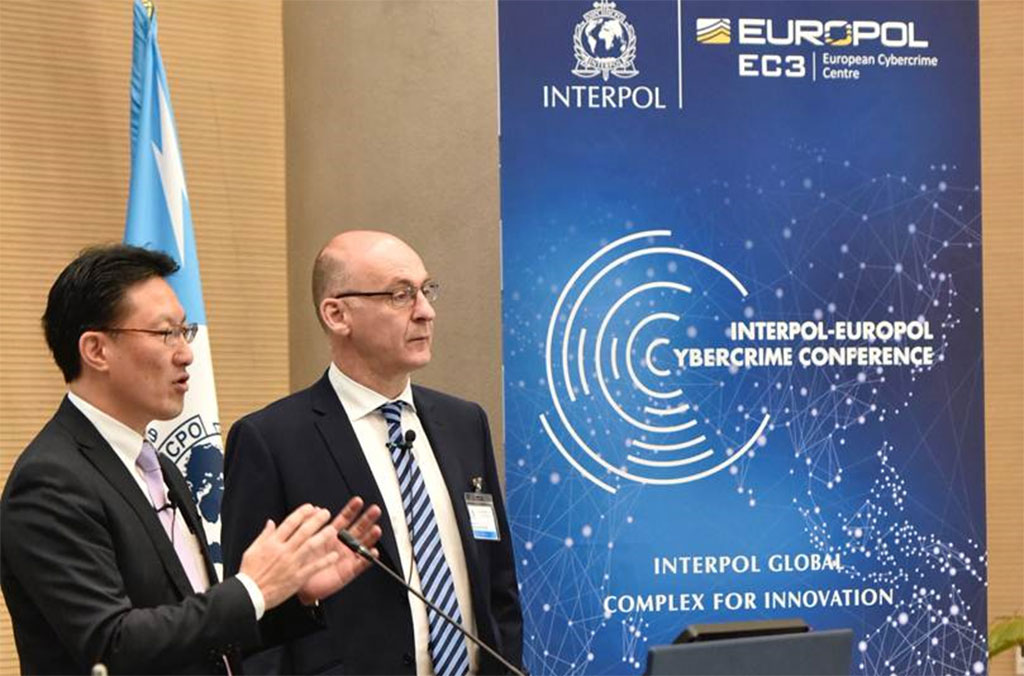SINGAPORE - Cyber specialists from law enforcement, the private sector and academia are working together in Singapore this week (28 - 30 September) to address the challenges of identifying those responsible for crimes committed in cyberspace.
Under the theme of Solutions for Attribution, some 200 delegates from 56 countries are sharing best practices and identifying ways to overcome technical, operational and strategic hurdles faced by law enforcement when investigating cybercrime and cyber-enabled crimes ranging from financial crime, terror-related activities and child sexual abuse.
Topics such as ransomware and bulletproof hosting will also top the conference agenda.
In his opening remarks, Noboru Nakatani, Executive Director of the INTERPOL Global Complex for Innovation (IGCI), highlighted the importance of a collaborative approach across sectors to tackle complex cybercrime investigations.
"A safer cyberspace can only be achieved by closing the information gap between law enforcement agencies, and likewise between the public and private sectors," said Mr Nakatani.
"By sharing information, we can close in on the criminal networks, and essentially lock them in. This will enable law enforcement agencies, who are the only agencies with the mandate to act on the ground, to identify and dismantle transnational criminal organizations," added the IGCI's Executive Director.
In this respect, following Davos 2016 both INTERPOL and Europol have been working closely with the World Economic Forum on its recommendations for public-private sector partnerships against cybercrime.
“Cybercrime remains a real and innovative threat. It evolves over the years and so does the cooperation between Europol and INTERPOL to look at ways of combating the criminals together", said Steven Wilson, Head of the European Cybercrime Centre at Europol.
"The joint Cybercrime Conference is a yearly milestone to share best practices, operational successes and build up relationships. It’s the perfect arena to provide tangible results in the fight against cybercrime at EU level and beyond. We look back to learn the most pressing threats and trends, and then forward to identify how to keep citizens, business and governments protected,” added Mr Wilson.
Europol and INTERPOL worked together in June on Global Airline Action Day with other key partners. The operation led to the arrest of 140 persons suspected of involvement in the fraudulent purchase of airline tickets worldwide, across 74 airlines, 130 airports and 43 countries. It also uncovered links to more serious criminality, underlining the global nature of modern organized crime and how it requires a coordinated international response from law enforcement.
In July, the IGCI and Nigerian Economic and Financial Crime Commission, supported by private sector partners Trend Micro, Fortinet and the Cyber Defense Institute, carried out a joint operation which led to the arrest of 'Mike' in Nigeria, the alleged head of an international criminal network behind thousands of online frauds worth more than USD 60 million and involving victims worldwide.
Enhancing the ability of law enforcement to investigate cyber-enabled human trafficking was also the focus of a regional table-top exercise in Kigali, Rwanda, organized by the Rwanda National Police and INTERPOL in August.
Via the IGCI, INTERPOL's global capabilities to combat cybercrime include information sharing and analysis through its Cyber Fusion Centre, as well as global coordination in cybercrime investigations. Cybercrime training and digital forensics expertise are also provided by the IGCI's Innovation Centre, via its Digital Forensics and Research Labs.
The INTERPOL-Europol Cybercrime Conference is a joint initiative launched in 2013. Held annually, it is hosted alternatively by Europol and INTERPOL.







